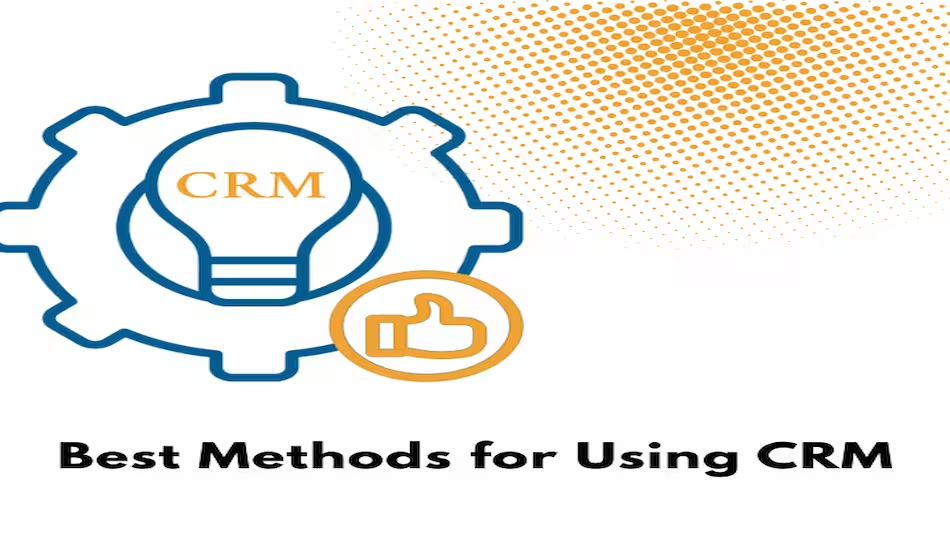Customers today expect more than just a product or service. They expect quick responses, personalized experiences, and smooth resolutions. One of the smartest ways to meet these expectations is by using CRM support effectively. A well-implemented Customer Relationship Management (CRM) system is no longer just a sales tool. It's a vital part of how companies manage customer service, track interactions, and improve satisfaction.
Let’s explore the best ways to use your CRM to not only resolve customer issues faster but also build stronger, lasting relationships.
1. Centralize Customer Information for Faster Service
At the heart of every CRM lies one key function… data. With a good CRM installation, your team can access all customer details in one place, including previous purchases, support tickets, and communication history.
This means when a customer reaches out with an issue, your support team doesn’t have to dig through multiple tools or ask the same questions over again. They already know who the customer is and what they need. This simple access reduces resolution time and shows customers that you value their time.
2. Automate Ticket Routing and Responses
Most CRMs today allow automation. That includes automatically routing queries to the right team or representative based on the issue type, urgency, or customer tier.
Let’s say a high-value customer has a billing issue. Your CRM can prioritize that ticket and assign it to your most experienced agent. You can also set up automatic replies acknowledging the complaint and sharing next steps. This shows responsiveness, even before a human jumps in.
Automation doesn’t replace human service… it enhances it by keeping things organized and prompt.
3. Track and Analyze Customer Issues Over Time
One of the biggest advantages of CRM systems is their ability to track and report. You can easily spot recurring problems, slow response times, or gaps in customer handling by analyzing ticket trends and resolution rates.
Over time, this data helps you improve not just your support, but your product or service as well. If one particular issue keeps showing up, your product team can investigate and fix it at the root.
This feedback loop directly enhances the customer experience and saves future support costs.
4. Integrate CRM with Other Tools
Your CRM doesn’t need to work alone. When integrated with other tools like live chat, email, telephony, and knowledge bases, it becomes a full-scale support solution.
For example, a customer sends a message on your website’s chat. The CRM instantly logs it, attaches it to their profile, and shows the agent past conversations, open orders, and even past complaints. The agent can then pick up the conversation with full context, leading to smoother interactions and faster resolutions.
This interconnected support experience is key to improving CRM and customer experience together.
5. Personalize Every Interaction
Customers appreciate being treated like people, not ticket numbers. Your CRM can help personalize communication by giving agents details like the customer’s name, preferences, and purchase history.
Even simple touches like saying, “Hi Priya, I see you’ve been with us for two years… thank you!” can turn an average service call into a memorable experience. Personalized support increases satisfaction, builds loyalty, and reduces churn.
6. Train Your Team to Use the CRM Fully
Even the best system is only as effective as the people using it. Training your customer service team to use the CRM efficiently is a must. They should know how to log interactions, follow up with customers, and use tools like tagging, note-taking, and reporting.
Good training ensures that your customer relationship management strategy doesn’t just sit in a database, but actually makes a difference in every interaction.
Conclusion: CRM Is the Backbone of Great Customer Support
The importance of customer relationship management is most certainly not something to be taken lightly. It’s the framework for understanding, supporting, and delighting your customers. When your CRM is used the right way, from quick response automation to long-term issue tracking, it becomes a powerful tool for better service.
By combining technology with human touch, your business can deliver a support experience that’s fast, informed, and truly customer-focused. Invest in the right CRM support strategy today, and you’ll build stronger relationships tomorrow.



